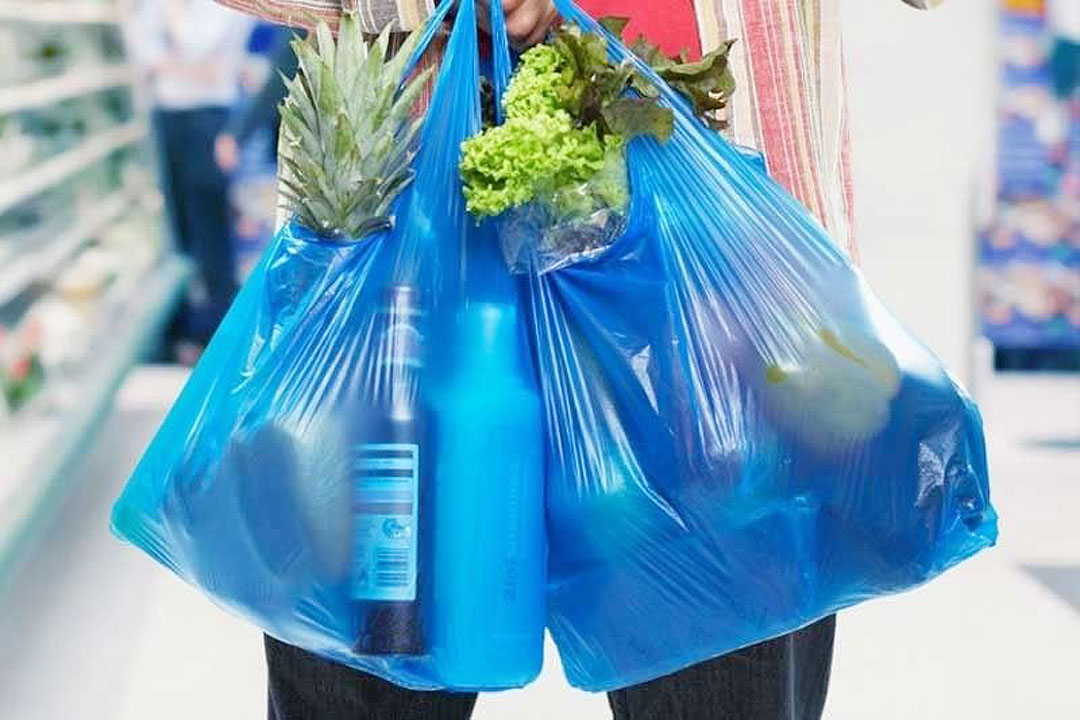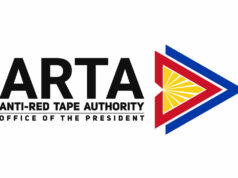
THE Philippine Exporters Confederation, Inc. (Philexport) said the government needs to develop the collection and recycling industry before it cracks down on the use of plastics or taxes it.
“I think they should look at the collection and reuse systems rather than banning any plastic use,” Philexport President Sergio R. Ortiz-Luis said last week on the sidelines of the 10th Philippine Die and Mold Machineries and Equipment Exhibition at the World Trade Center.
“If we can fix the collection (in such a way that) the plastics will not be trashed and be recycled into something that people can use again, I think the problem won’t be so big,” he said.
He said plastics collection is still not being enforced, adding that consumers are not sufficiently disciplined in segregating recyclable material.
“Because of that, we cannot process it accordingly. I think that is what we should fix first rather than imposing tax because that will just increase the costs,” he said.
In his second State of the Nation Address, President Ferdinand R. Marcos, Jr. sought the support of the Congress for the passage of tax measures, including an excise tax on single-use plastics.
In November, the House approved House Bill (HB) 4102 or the proposed Single-Use Plastic Bags Tax Act, which seeks to impose an excise tax of P100 per kilogram on single-use plastic bags.
However, its counterpart measure is still with the Senate ways and means committee.
Mr. Ortiz-Luis added: “If you prohibit the use of plastic, this will encourage the use of paper which will cause us to cut more trees… We might think that we are saving the environment, but paper comes from wood.”
“And if you look into the households, the housewives would do the shopping are a lot more comfortable carrying their groceries in plastic bags which have handles, unlike paper bags,” he added.
Earlier this month, the Philippine Retailers Association also sought clarity on what kind of plastics will be covered under the single-use plastic tax.
The retailers also brought up the added costs that both the retailers and the consumers will shoulder once the tax is imposed.
HB 4102 defines single-use plastic bags as “secondary level plastics made of synthetic or semisynthetic organic polymer,” which include “ice” and “sando” bags. — Justine Irish D. Tabile



